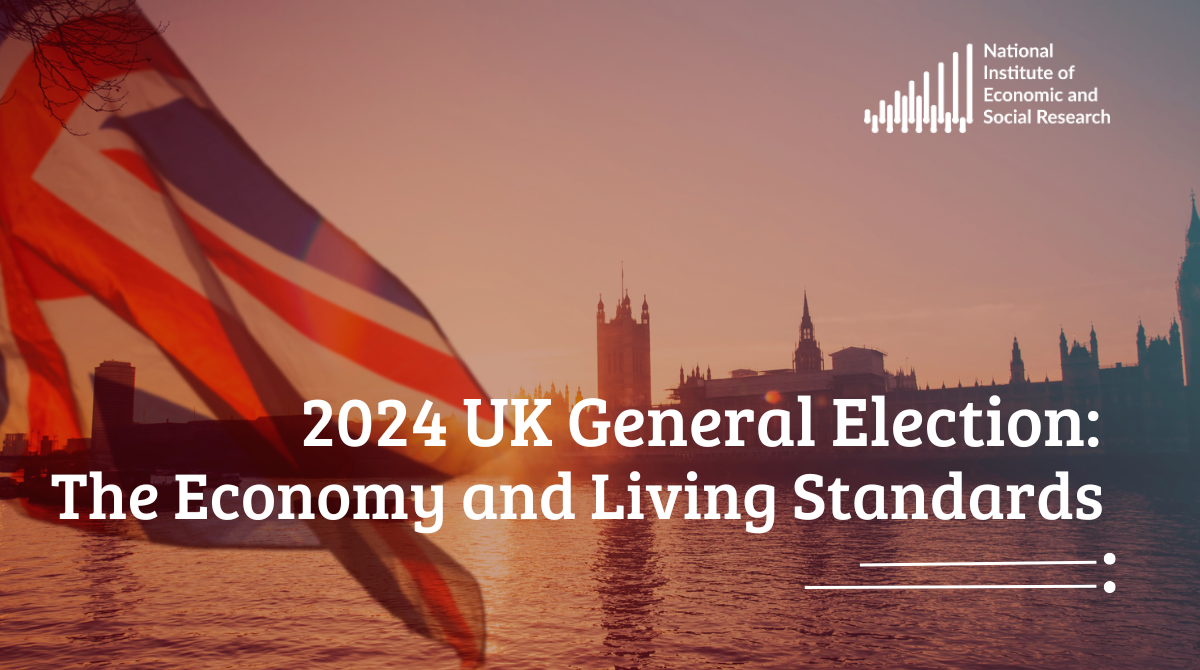Can academic economists do more to improve public policy?
Holding back good public policy
Is the academic economics profession holding back public policy? It is generally acknowledged that public policy is better when it is based on a sound academic literature. It is unfortunate then that the main academic incentives run counter to this, and discourage academics from actively engaging with public policy issues. To be successful academically it is essential, at least in economics, to maintain a continual flow of publications in leading journals. This is generally in conflict with engaging in public policy. While it is the institutions and funding mechanisms including the Research Councils and the Higher Education Funding Council for England (HEFCE) that are generally blamed for putting an emphasis on publication in leading journals, this article argues that on the contrary it is the economics profession itself, and senior academics, that determine the emphasis on publication, and hold back academics from engaging more effectively with public policy. To change the position, academic credit should arise from a variety of outputs, not simply articles in leading journals.
Bob Butcher, NIESR
Holding back good public policy
Is the academic economics profession holding back public policy? It is generally acknowledged that public policy is better when it is based on a sound academic literature. It is unfortunate then that the main academic incentives run counter to this, and discourage academics from actively engaging with public policy issues. To be successful academically it is essential, at least in economics, to maintain a continual flow of publications in leading journals. This is generally in conflict with engaging in public policy. While it is the institutions and funding mechanisms including the Research Councils and the Higher Education Funding Council for England (HEFCE) that are generally blamed for putting an emphasis on publication in leading journals, this article argues that on the contrary it is the economics profession itself, and senior academics, that determine the emphasis on publication, and hold back academics from engaging more effectively with public policy. To change the position, academic credit should arise from a variety of outputs, not simply articles in leading journals.
Academics can support good public policy . . .
Work by academics that is policy relevant includes activities such as
- creation of knowledge through for example evaluation of policies as well as new research;
- synthesising existing knowledge;
- disseminating knowledge through seminars, conferences, writing chapters and books; and
- application of knowledge in policy design.
While some of these activities can contribute to articles for journals most do not.
. . . but choose not to engage
It is widely accepted – in economics at least – that to establish academic status it is essential to undertake original research and achieve publication in leading journals. This is the main criterion for being appointed to an academic post, for achieving recognition, for obtaining promotion, and for providing kudos to one’s department and institution.
Therefore the activities listed above as policy relevant, are often seen as getting in the way of the real job, and an academic who gets engaged in public policy recognises he or she is holding back their career, unless they can focus on the small proportion of such activities that enable publication in leading journals.
These points are evident to academic economists, but may be a surprise to others. We can observe that successful academics do engage in public policy. However, in general that is restricted to where publication in a leading journal can be achieved. Academics who engage in public policy research that does not involve such publication may do so because it is of public value, but they know and say that they can be losing out academically.
Who is to blame, and how might the situation improve?
All of the activities in the bullet points above are worthy challenges for the leading thinkers in the country and if undertaken in an insightful and substantial way could count toward academic standing, whether through journal publication or other outputs. It seems odd they do not. The incentives which hinder academic engagement with public policy are strong but could they be changed, and if so how? Academics themselves often cite the main driver of these incentives being the institutions and funding bodies, including the Economic and Social Research Council (ESRC) and the Higher Education Funding Council for England (HEFCE), and in particular its Research Excellence Framework (REF).
It seemed worth investigating further and seeing how one might improve this situation. Change in the behaviour of institutions and in funding mechanisms was likely to be needed, to be more flexible and open to the wider benefits of academic work. While it is essential to maintain funding for high quality blue skies research, it should be possible to improve the extent to which the academic community can contribute to public policy issues.
ESRC and HEFCE have amended their approach
When tackled about these issues, the ESRC recognised the problem with academic incentives and engagement in public policy research, and pointed to several of their initiatives which aim to reduce this problem. An important one is their increased emphasis on the impact of research. While this has been a strong force in getting more value out of the work ESRC funds, it does not seem to have had any noticeable effect on what work is valued in the academic departments.
HEFCE went further, and argued that the 2014 REF exercise is specifically designed to work in the opposite direction to that which is assumed by academics. The REF guidance is clear that publication in a leading journal should not have preference in assessing the quality of outputs, and it puts an emphasis on the use of other routes, including policy evaluations, systematic reviews, conference papers, books, designs, and outputs of projects commissioned by government (paragraphs 38 and 39). The main criteria used in assessment of research excellence are originality, significance and rigour. One possible drawback of the guidance is the emphasis on originality, which could inhibit investment in dissemination or synthesis, even of original work. But putting that point on one side, this guidance would appear to represent a major improvement in encouraging engagement with public policy. It is odd it has had so little effect on behaviour so far, given the cut-off point for publications to count in the 2014 REF was 31 December 2013. The assessments will take place in the coming year with publication in December 2014.
So what is the barrier?
Why then is it still the case that academic credential relies on publication in leading journals?
It has been suggested that the main barrier lies with senior academics in the economics profession, who are slow to recognise the value of wider academic activity and in particular the benefits and value of academic work for the public good. They certainly have the scope to set a new lead.
The purpose of this article is to prompt leading academics to reflect on the current position, consider broadening the outputs which count as academic achievement, and encourage greater engagement with public policy.
Bob Butcher
NIESR
10 January 2014
Note: This article arose out an ESRC funded project part of which focused on knowledge exchange [grant number ES.K007416.1]. The arguments made are mine, but I am grateful to several academics across a range of leading universities and academic institutions, and to policy staff at ESRC, HEFCE and BIS for their positive input.




















